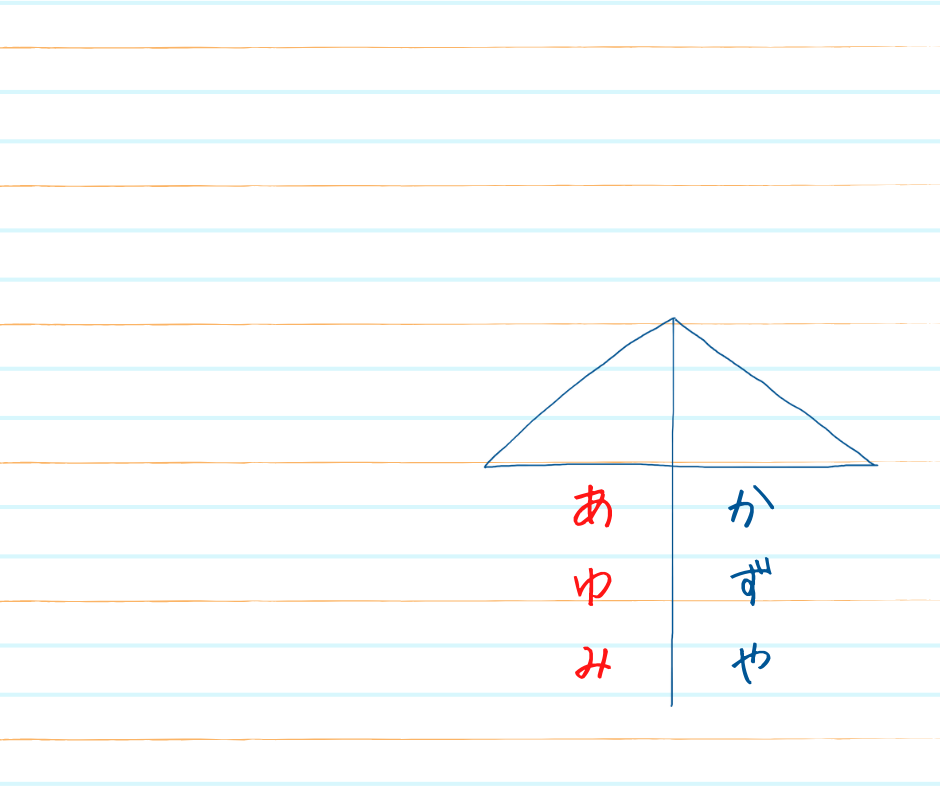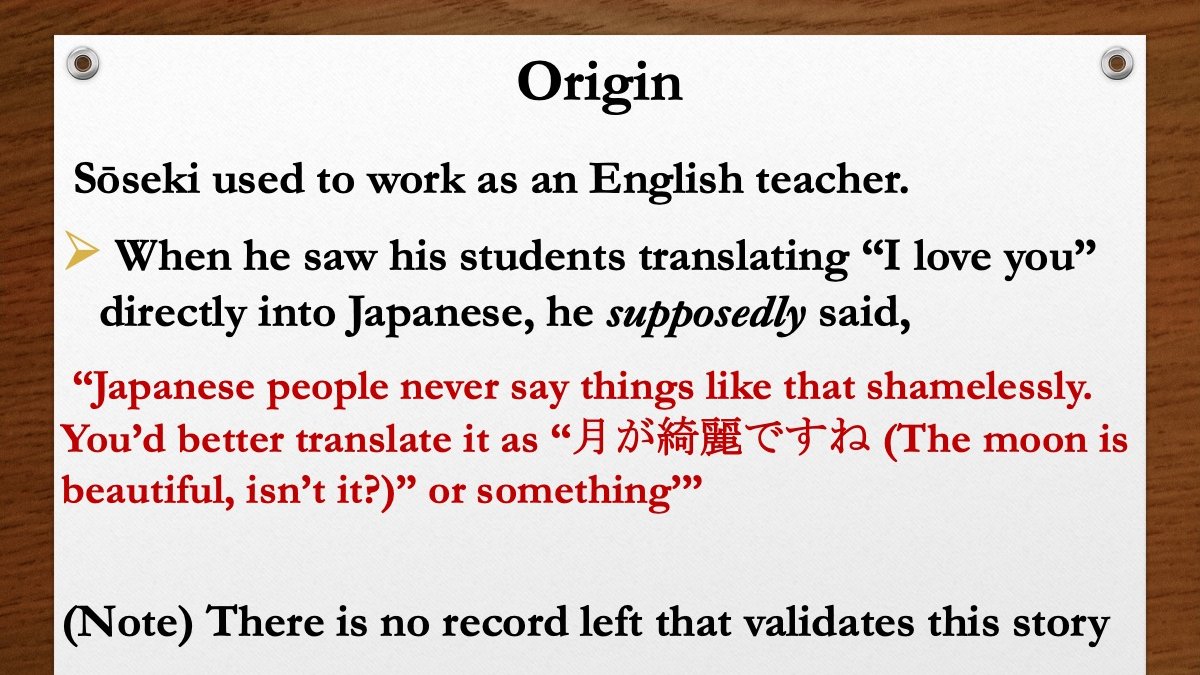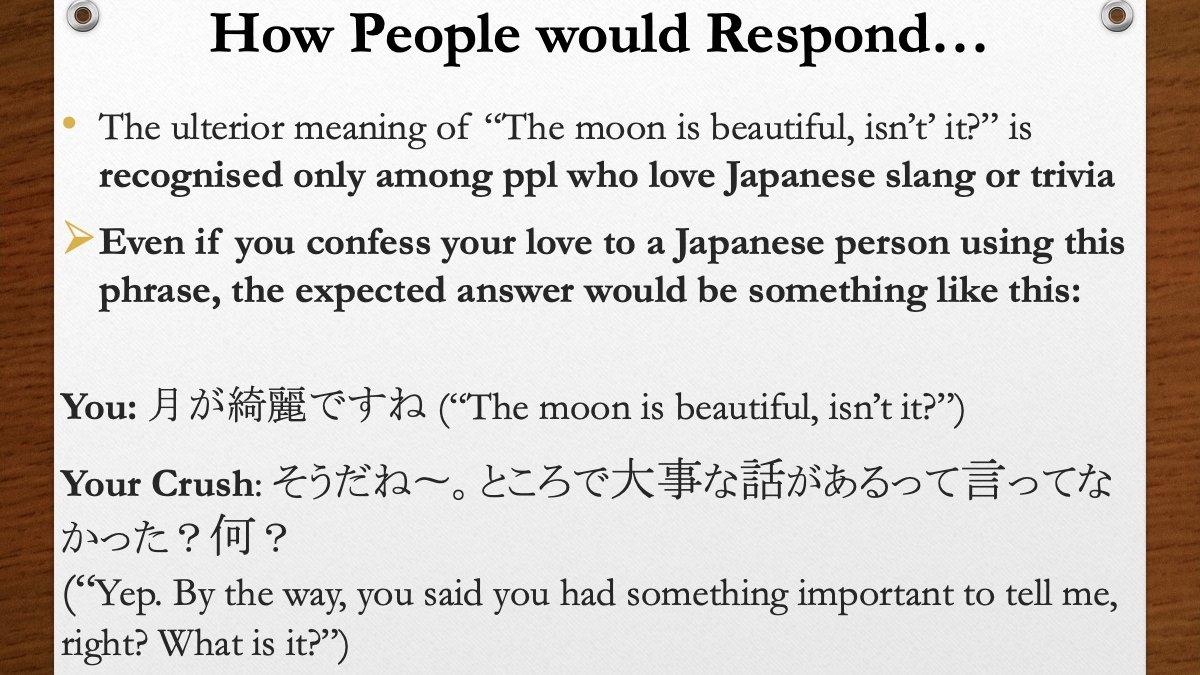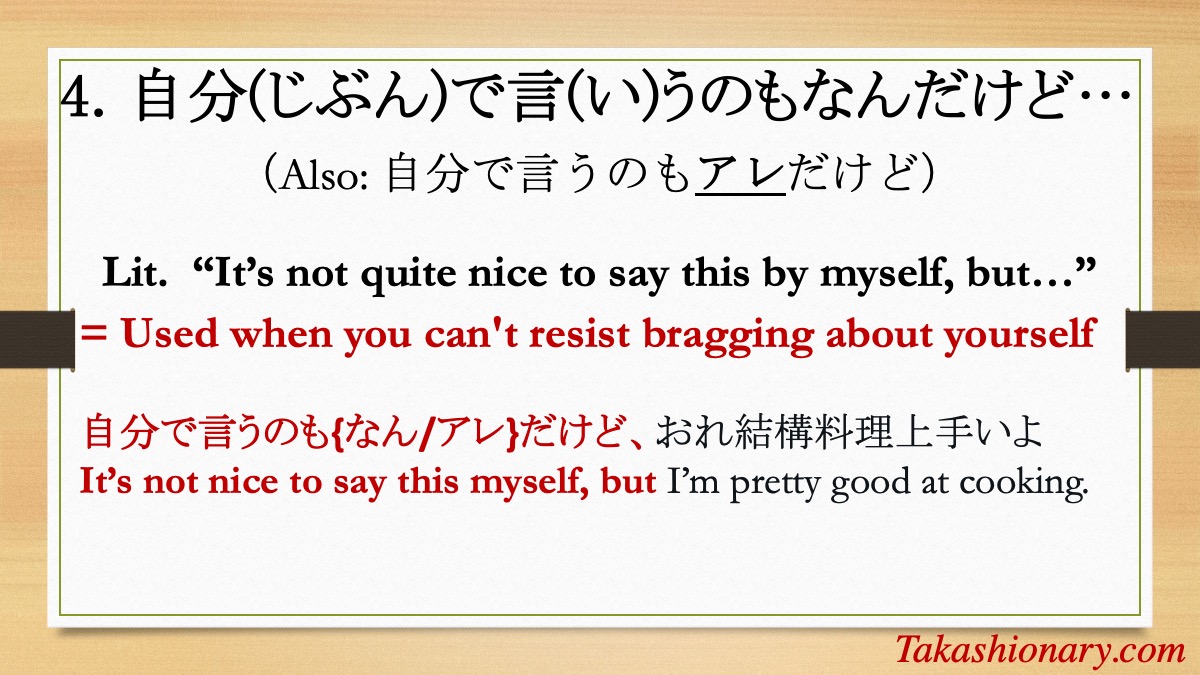1
2
@englishfess_ For those who wonder what is this, here is (almost) everything you need to know about "The moon is beautiful, isn't it?" in Japanese.
More are details in my blog post, explaining why "i can die happy" or the like is totally irrelevant to this expression.
takashionary.com/the-moon-is-be…
3
職業病 (しょくぎょうびょう, "occupational disease")
[Slang] "something you can't resist doing (whether you like it or not) because you do it all the time at work
e.g.
Translators: Assess the quality of subtitles while watching films
Dentists: Check people's teeth when they laugh
4
Since I see the trend of sharing “untranslatable” Japanese phrases, I’m jumping on the bandwagon and sharing some that I selected from a Japanese perspective.
A thread:
5
6
よっ友(とも) [Slang]
= a “friend” of yours whom you occasionally bump into at a certain place (e.g. at school/work) and say よ (Hi), but don’t actually start a conversation with because you are not that close to each other and you know its gonna be awkward.
#nihongo
7
9
プロ驚き屋 ("a professional surprised man", New Slang)
= a person who excitedly shares state-of-the-art tools/technologies like ChatGPT on social media with hyperbole like 神/最強/ヤバすぎ, as well as with hallucination/overstatement at times based on a few cherry-picked examples
10
If you're in Japan and feeling a bit tired, you're not alone.
What 五月病 ("May Disease") means in Japanese.
#nihongo #studyJapanes
11
The Japanese word 積ん読 (tsundoku), meaning “the act of buying books and keeping them in a pile without reading them”, was coined in Meiji Era (1868-1912), according to the Sanseido Japanese dictionary. twitter.com/moe_koku/statu…










